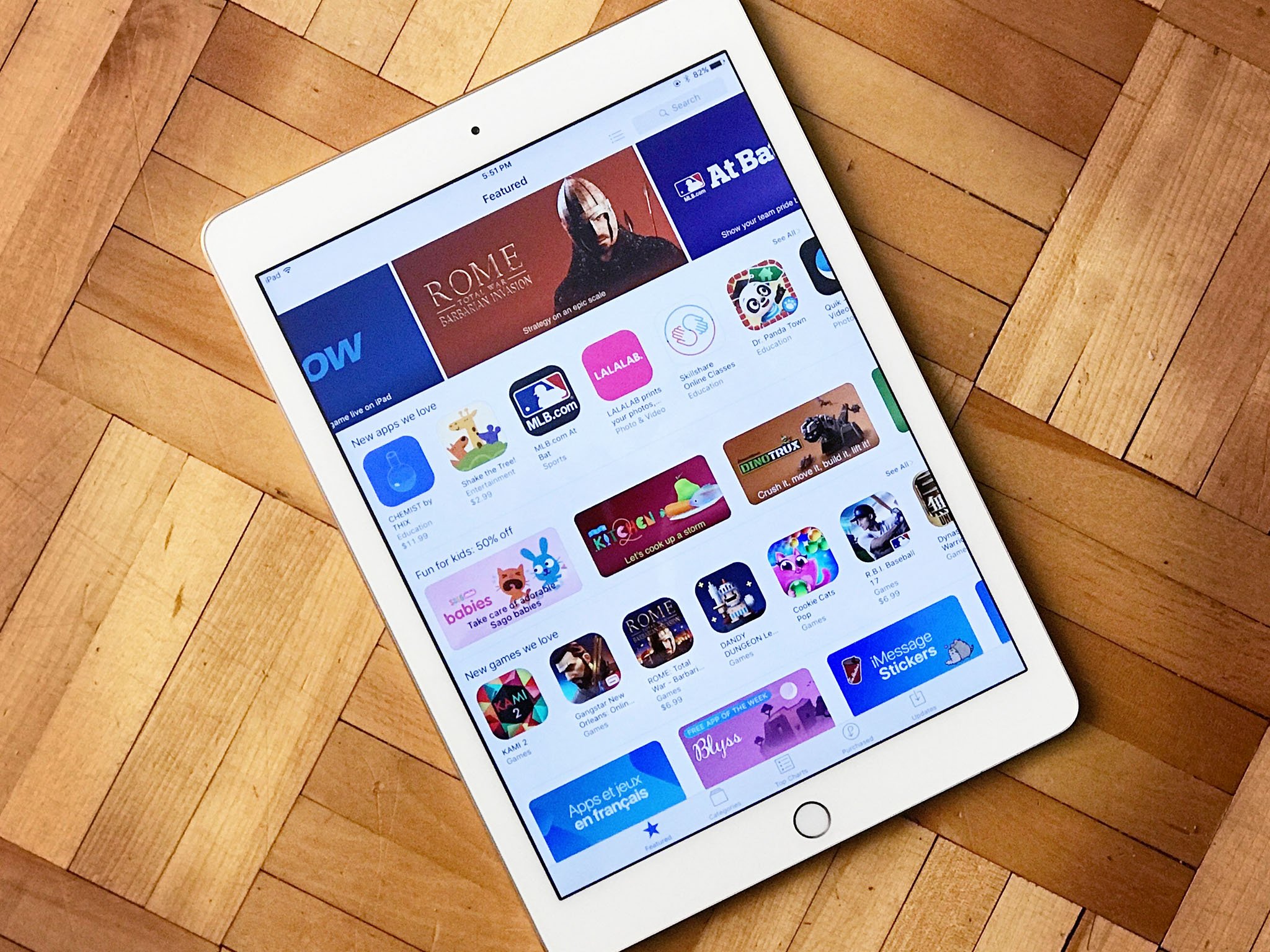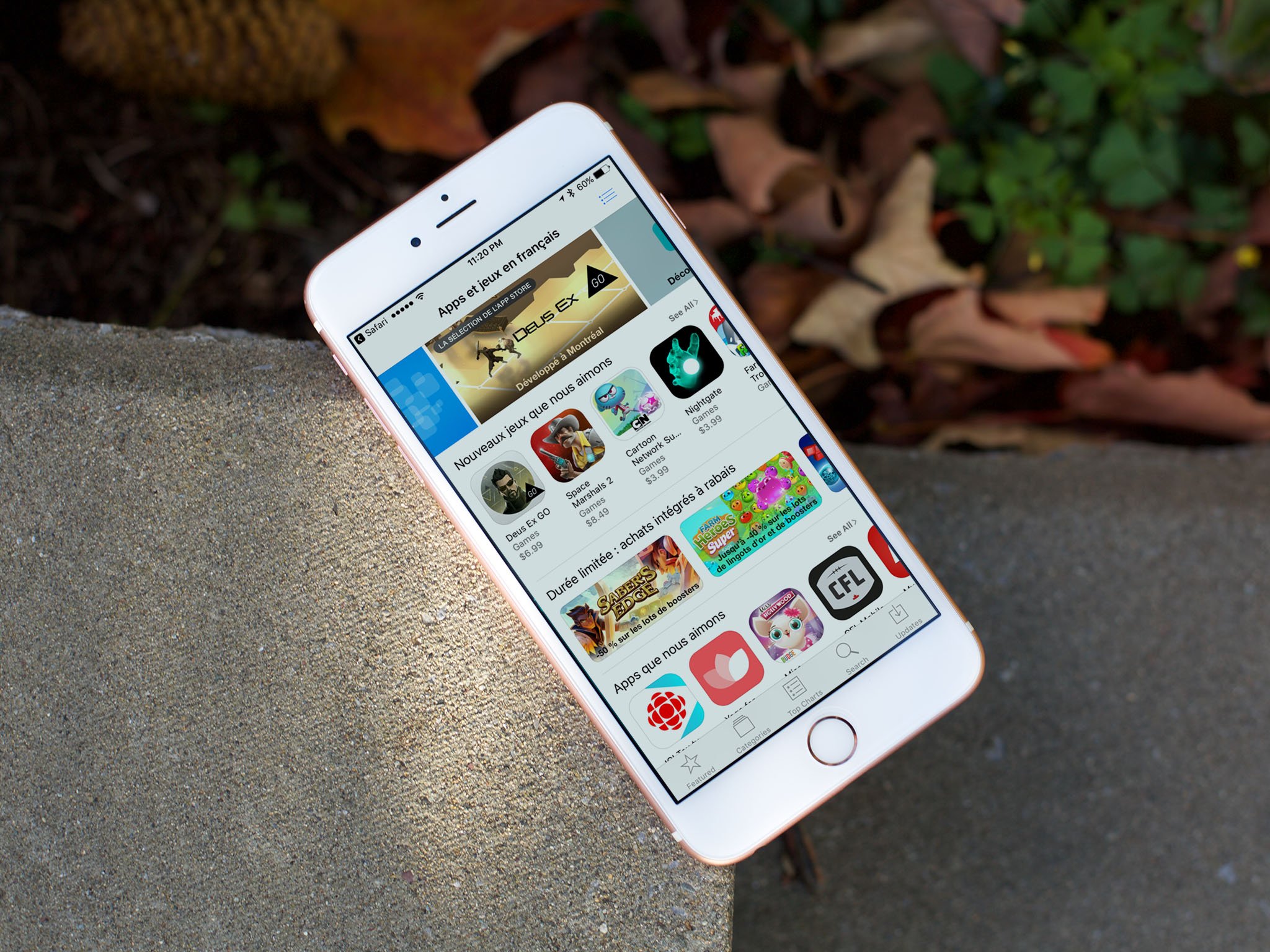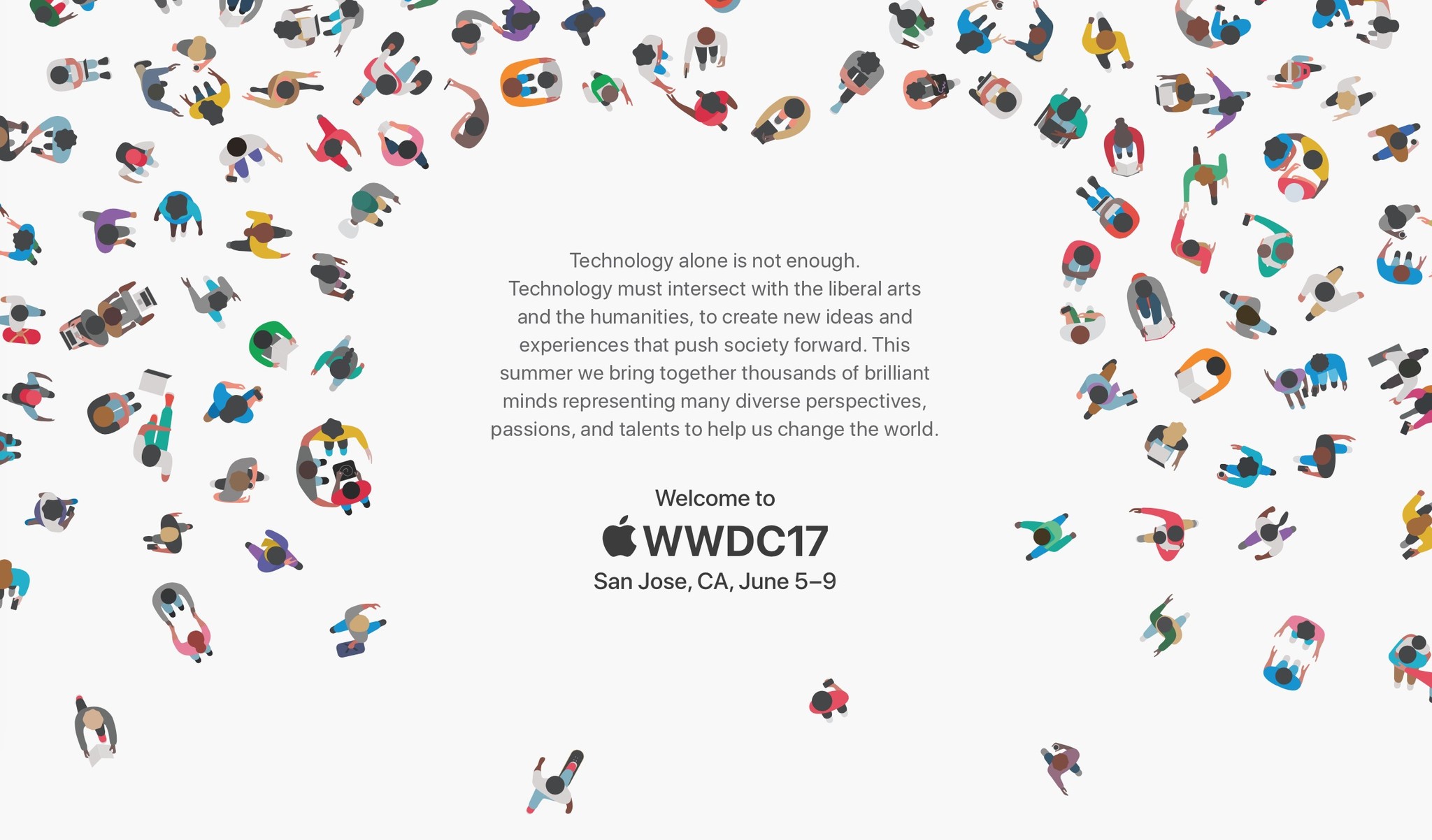Indie dev in the age of App Store

One of the most frequently recurring narratives surrounding the App Store is that it's responsible for the destruction of apps as a viable business for independent developers.
Most recently, Matt Gemmell brought it up again:
No company has done as much damage to the perceived value of software, and the sustainability of being an independent developer, as Apple.Not that other companies wouldn't have done the same thing — they would have. It's just that Apple was the successful one.
Here's what I wrote in 2013, roughly four years ago today in the Market for paid apps and the sum of all compromises:
- Apple wants to keep [App Store] simple, so they compromise on features. Apple does not allow for demos or upgrade pricing, which means all purchases are, for all intents and purposes, one time, up-front, as is, and (mostly) sight-unseen.
- Customers want to avoid risk and paying any more money than they have to, so they compromise on buying apps they're not certain about. Since there's an abundance of cheap and free apps, absent urgent and immediate need or factors like addiction or ego-gratification, most people don't spend any significant amount of money on apps.
- Developers need to make a living, given the previous two realities, they compromise on direct income by holding sales, dropping prices, or trying alternate business models that involve corporate or VC funding, or value-added services.
And here's what I wrote in 2016, just a year ago, in the App Store disconnect:
Apple could — and I still strongly believe the company should — use its considerable power and influence to help shape the App Store economy into one more hospitable to indie developers. After all, those are the apps I love and the ones that dominate my home screens.But the truth is, even if Apple gave indie developers everything they wanted, it wouldn't matter much over the long term. It may help a few for a while, and a very few for a while longer, but the app economy and apps themselves are evolving.
Since I wrote that, Apple has extended subscription options to many more types of apps, reduced review times, built out a response mechanism for app reviews, added search ads, and more. Yet, the pace of change has only accelerated.
Even disruptors get disrupted
In hindsight, it should have come as no surprise. Before the App Store, we lived in a dark age where only a tiny few could create, find, and benefit from apps in general, much less mobile apps. Now, apps are everywhere, for everyone, and for everything. They've gone from scarce to beyond abundant, from niche to beyond mainstream.

Apple, Google, Microsoft, Samsung, and other marketplace providers have afforded different levels of relative freedom and support, but it's the market that's driven the changes. Few want to hear or accept it, but the advent of ubiquitous, approachable, connected computing — primarily driven by the smartphone — made it inevitable.
iMore offers spot-on advice and guidance from our team of experts, with decades of Apple device experience to lean on. Learn more with iMore!
And it's hardly the first industry to be transformed in this way. It likely just came as a surprise to some that the traditional software business was as "traditional" as any other, and open to the same kind of disruption in the face of increased supply, availability, and competition, as any other.
It's like going from local eateries in every village to McDonald's. But with digital, not McDonald's franchises — a single McDonald's that can instantly replicate copies of its food for everyone, everywhere. And one that's likely owned by a search or social company, or funded by venture capital, and is willing to give food away for free just to get that billion burger sign to twenty billion.
(That's a clumsy analogy. Perhaps a better one would be mom-and-pop retailers in the age of Amazon.)
Indie opportunities
There's this rose-colored myth that, when iPhone launched, anyone could learn to code, make an app, sell alongside the oldest and biggest in the industry, beat them at their own game, and make a million or more bucks doing it.

And a few certainly did, back when an incredibly smart app with incredibly good timing could take advantage of a nascent, relatively empty market. But that market is no longer so nascent nor so empty.
As I've said numerous times over the years, I love my indie apps. You'll have to take PCalc and Tweetbot and Fantastical and 1Password and iStat and Linea and — you get the idea — from my cold, dead phone. And I think there will remain opportunities for those apps and apps like them for a while to come, because they offer a superior experience, provide compelling value, and target very specific pain points.
Those apps and their developers achieved success on the App Store; they weren't entitled to it. I don't think anyone has ever suggested you should be able to make the 37th calculator, to-do app, or text editor in the App Store and expect to retire off the profits. But I do think some saw the initial gold rush and didn't expect things to be as tough or become as competitive as they have.
The truth it, there's precious little space for even the third calculator, to-do app, or text editor anymore. Especially when home screens are dominated by the likes of Snapchat, Uber, and Pokémon Go — apps that are transformative but with complexity and scale most of us couldn't have imagined when the App Store launched.
The only constant

Most industries with indie communities don't have a company like Apple behind them. And Apple, for its part, seems actively engaged. The company continues to run promotions for indie apps, include indie developers in pre-release workshops, host them on stage during events, and will continue to provide new tools and, hopefully, new opportunities.
I'd be interested in seeing what would happen if Apple added demos and paid upgrades, if only to remove them from the perpetual narrative one way or the other. I'd also be interested in seeing other creative solutions. In this industry, like many industries, there's probably a discussion to be had around everything up to and including "basic App Store income" — where a portion of market profits are used to support the most popular, most acclaimed, or otherwise most deserving apps and their development. If anyone can figure out which those are and how to handle them changing over time.
No doubt the advent of the ubiquitous, connected devices like iPhone and Android, and unified, on-device marketplaces like App Store and Google Play, hastened not just the mainstreaming of apps but their commoditization as well. But only hastened.
Scrivner is still viable for now in the age of Google Docs, but not at for the same $500 Wordstar used to charge, and the 37th Scrivner-like app probably isn't viable at all.
Just like the traditional concept of apps has changed, the traditional concept of indie app development is and will have to continue to change along with it.

Rene Ritchie is one of the most respected Apple analysts in the business, reaching a combined audience of over 40 million readers a month. His YouTube channel, Vector, has over 90 thousand subscribers and 14 million views and his podcasts, including Debug, have been downloaded over 20 million times. He also regularly co-hosts MacBreak Weekly for the TWiT network and co-hosted CES Live! and Talk Mobile. Based in Montreal, Rene is a former director of product marketing, web developer, and graphic designer. He's authored several books and appeared on numerous television and radio segments to discuss Apple and the technology industry. When not working, he likes to cook, grapple, and spend time with his friends and family.
